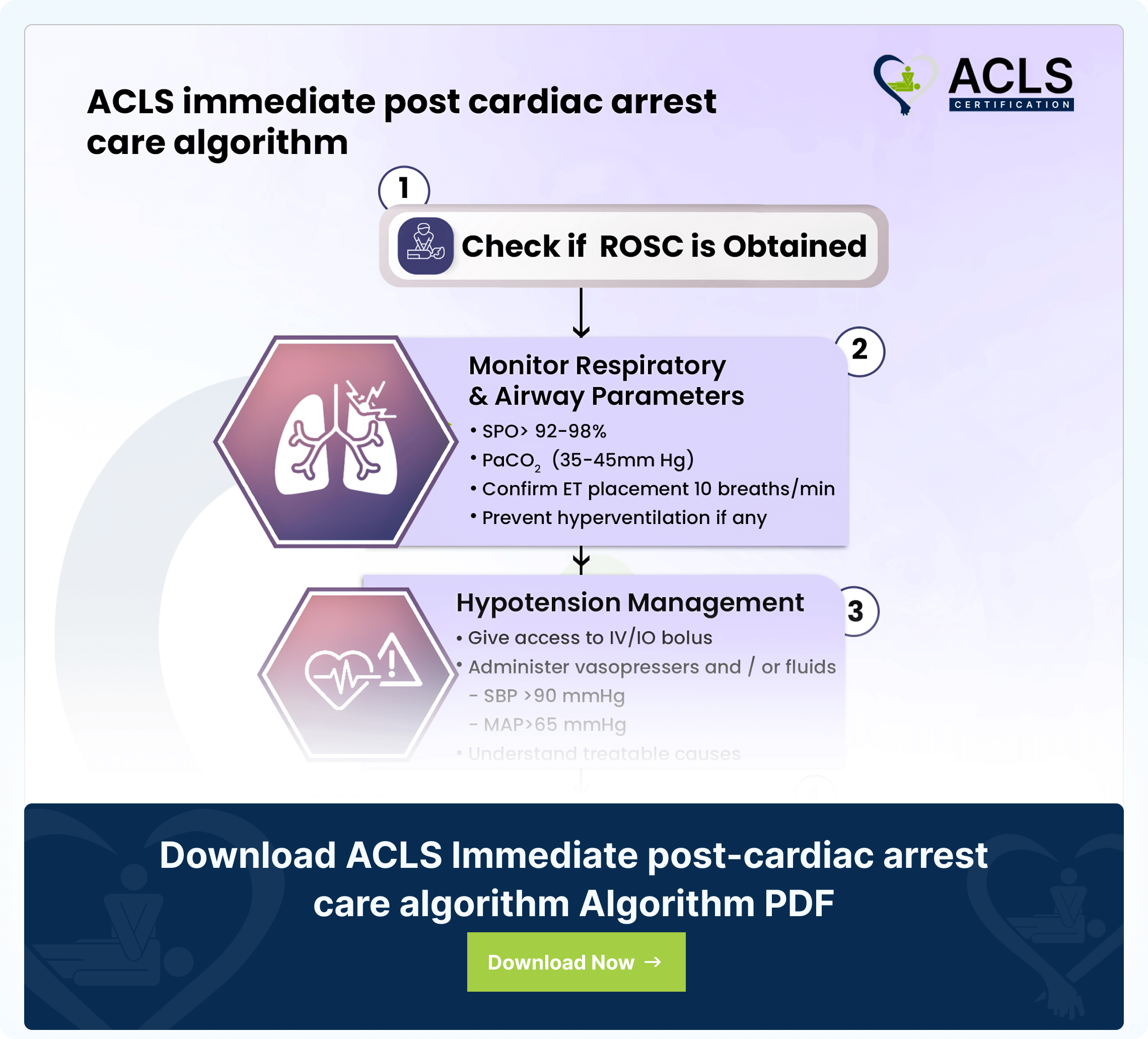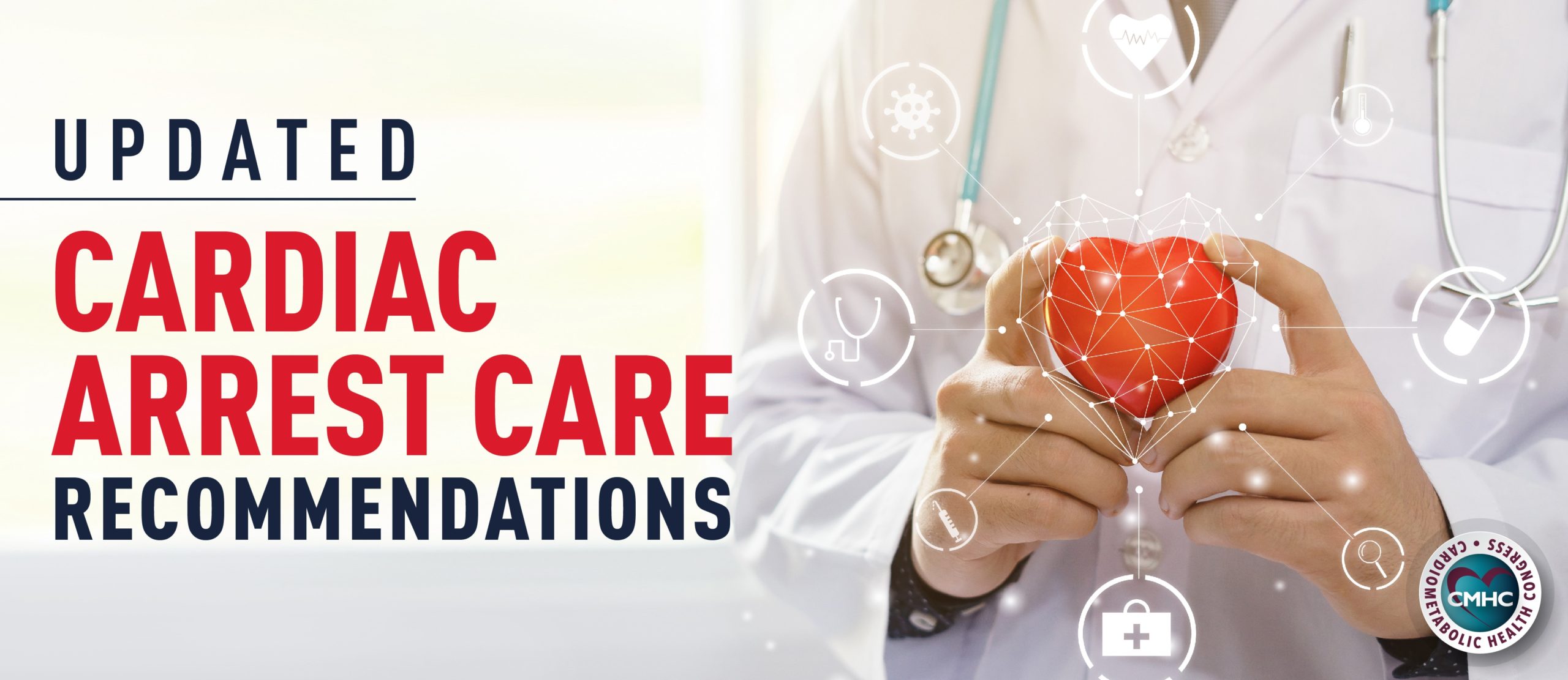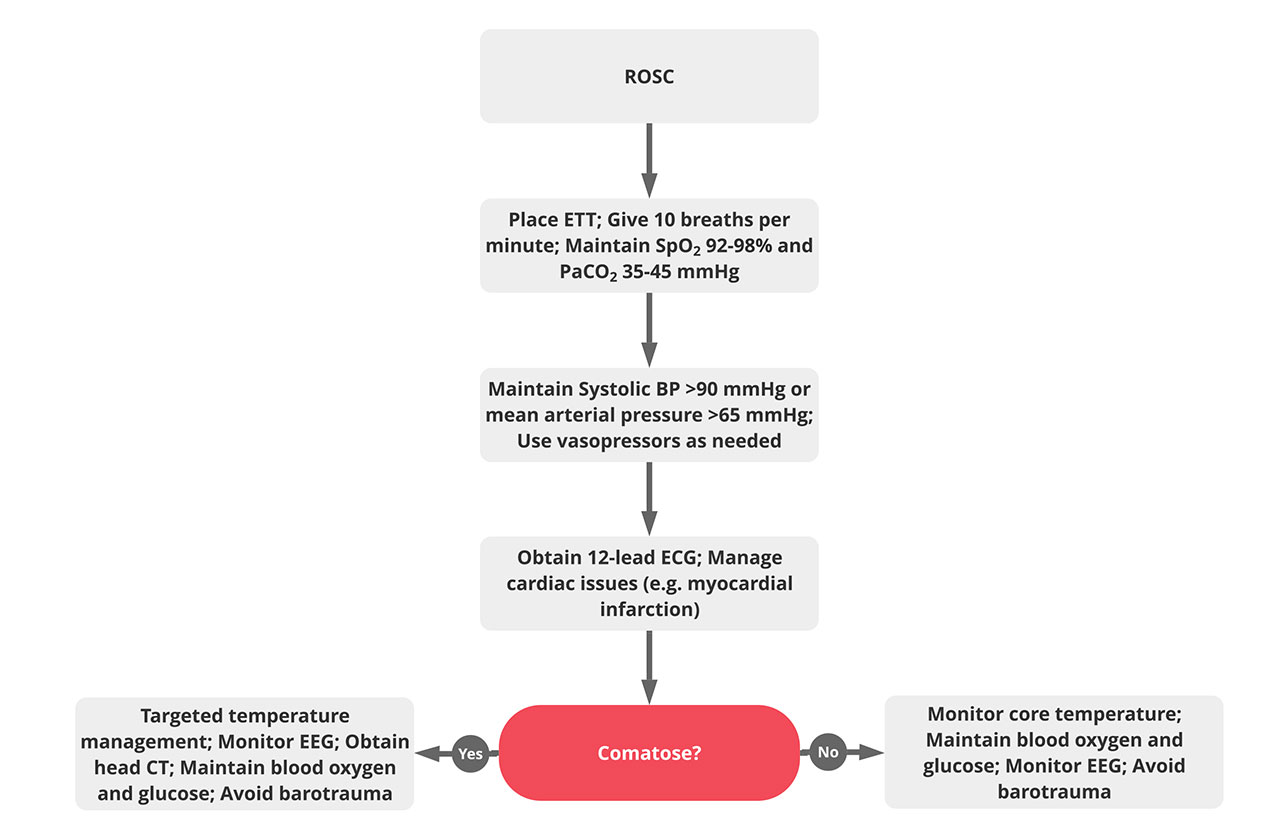Care After Cardiac Arrest - • consider early brain imaging to diagnose treatable causes of cardiac arrest • neuroimaging as indicated (ct/mri) • avoid prognostication. The patient will need cpr and to occur quickly. Leaving the hospital and returning home after cardiac arrest is a major step towards recovery. The first step in recovering after you survive cardiac arrest involves being admitted to a coronary care or intensive care unit (icu). When a cardiac arrest occurs, it is vital to restore blood flow to the body. We must restart the heart.
When a cardiac arrest occurs, it is vital to restore blood flow to the body. The patient will need cpr and to occur quickly. Leaving the hospital and returning home after cardiac arrest is a major step towards recovery. The first step in recovering after you survive cardiac arrest involves being admitted to a coronary care or intensive care unit (icu). • consider early brain imaging to diagnose treatable causes of cardiac arrest • neuroimaging as indicated (ct/mri) • avoid prognostication. We must restart the heart.
The first step in recovering after you survive cardiac arrest involves being admitted to a coronary care or intensive care unit (icu). Leaving the hospital and returning home after cardiac arrest is a major step towards recovery. • consider early brain imaging to diagnose treatable causes of cardiac arrest • neuroimaging as indicated (ct/mri) • avoid prognostication. We must restart the heart. When a cardiac arrest occurs, it is vital to restore blood flow to the body. The patient will need cpr and to occur quickly.
Pediatric PostCardiac Arrest Care A Scientific Statement From the
We must restart the heart. When a cardiac arrest occurs, it is vital to restore blood flow to the body. The patient will need cpr and to occur quickly. The first step in recovering after you survive cardiac arrest involves being admitted to a coronary care or intensive care unit (icu). • consider early brain imaging to diagnose treatable causes.
ER goldbook Adult Postcardiac arrest care / Targeted Temperature
• consider early brain imaging to diagnose treatable causes of cardiac arrest • neuroimaging as indicated (ct/mri) • avoid prognostication. When a cardiac arrest occurs, it is vital to restore blood flow to the body. The first step in recovering after you survive cardiac arrest involves being admitted to a coronary care or intensive care unit (icu). Leaving the hospital.
PostCardiac Arrest Care Algorithm
When a cardiac arrest occurs, it is vital to restore blood flow to the body. The first step in recovering after you survive cardiac arrest involves being admitted to a coronary care or intensive care unit (icu). Leaving the hospital and returning home after cardiac arrest is a major step towards recovery. We must restart the heart. • consider early.
Critical Care Management of Patients After Cardiac Arrest A Scientific
• consider early brain imaging to diagnose treatable causes of cardiac arrest • neuroimaging as indicated (ct/mri) • avoid prognostication. We must restart the heart. The first step in recovering after you survive cardiac arrest involves being admitted to a coronary care or intensive care unit (icu). When a cardiac arrest occurs, it is vital to restore blood flow to.
ACLS Acute Coronary Syndromes Algorithm Heart Attack Management
We must restart the heart. The first step in recovering after you survive cardiac arrest involves being admitted to a coronary care or intensive care unit (icu). The patient will need cpr and to occur quickly. Leaving the hospital and returning home after cardiac arrest is a major step towards recovery. When a cardiac arrest occurs, it is vital to.
Updated Cardiac Arrest Care Cardiometabolic Health
The patient will need cpr and to occur quickly. The first step in recovering after you survive cardiac arrest involves being admitted to a coronary care or intensive care unit (icu). Leaving the hospital and returning home after cardiac arrest is a major step towards recovery. We must restart the heart. • consider early brain imaging to diagnose treatable causes.
Improving After PostCardiac Arrest Brain Injury A Scientific
The patient will need cpr and to occur quickly. We must restart the heart. Leaving the hospital and returning home after cardiac arrest is a major step towards recovery. • consider early brain imaging to diagnose treatable causes of cardiac arrest • neuroimaging as indicated (ct/mri) • avoid prognostication. When a cardiac arrest occurs, it is vital to restore blood.
Optimizing the Early Resuscitation After Out of Hospital Cardiac Arrest
When a cardiac arrest occurs, it is vital to restore blood flow to the body. The patient will need cpr and to occur quickly. The first step in recovering after you survive cardiac arrest involves being admitted to a coronary care or intensive care unit (icu). We must restart the heart. Leaving the hospital and returning home after cardiac arrest.
PostCardiac Arrest Algorithmv ACLS Guidelines
The first step in recovering after you survive cardiac arrest involves being admitted to a coronary care or intensive care unit (icu). Leaving the hospital and returning home after cardiac arrest is a major step towards recovery. The patient will need cpr and to occur quickly. We must restart the heart. • consider early brain imaging to diagnose treatable causes.
Temperature Management And Its Role In Cardiac Arrest Patients—a Review
Leaving the hospital and returning home after cardiac arrest is a major step towards recovery. • consider early brain imaging to diagnose treatable causes of cardiac arrest • neuroimaging as indicated (ct/mri) • avoid prognostication. When a cardiac arrest occurs, it is vital to restore blood flow to the body. The first step in recovering after you survive cardiac arrest.
The Patient Will Need Cpr And To Occur Quickly.
When a cardiac arrest occurs, it is vital to restore blood flow to the body. The first step in recovering after you survive cardiac arrest involves being admitted to a coronary care or intensive care unit (icu). Leaving the hospital and returning home after cardiac arrest is a major step towards recovery. • consider early brain imaging to diagnose treatable causes of cardiac arrest • neuroimaging as indicated (ct/mri) • avoid prognostication.









